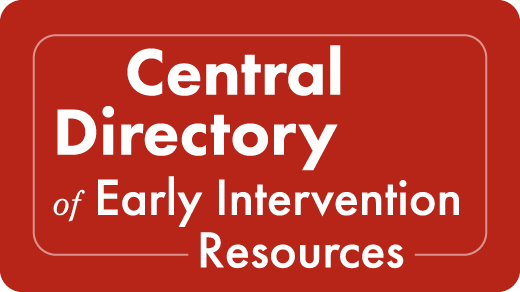(a program of the Department of Public Health)
California’s Genetic Disease Screening Program (GDSP) is widely recognized as the largest and most comprehensive in the United States. It consists of two statewide screening programs, the Newborn Screening Program and Prenatal Screening Program, which are both built upon public-private partnerships. GDSP administers the two screening programs and contracts with major medical centers, prenatal diagnosis centers, and community agencies for follow-up services. GDSP’s Genetic Disease Laboratory leads the laboratory component, in collaboration with contracted private laboratories for the initial screening and confirmatory testing. GDSP’s success is attributable to the families involved and the many professionals throughout the state who contribute to the various components of the screening and follow-up process.
NEWBORN SCREENING PROGRAM
Newborn screening (NBS) is recognized nationally as an essential preventive public health measure. All states in the nation and the District of Columbia have established newborn screening programs. Newborn screening identifies babies with certain rare disorders so that treatment can be started right away. The conditions for which the NBS Program screens have varying degrees of severity. If identified early, many of the conditions can be treated before they cause serious health problems such as severe intellectual and physical disability, damage to major organs, or death.
The California program screens approximately 500,000 newborns annually for more than 75 disorders. Each year at least 750 newborns with clinically significant disorders are detected and immediately referred for diagnostic and treatment services. The California NBS Program began in 1966 with testing for phenylketonuria (PKU) only. Starting in 1980, California law required that all newborns have their blood tested for PKU, hypothyroidism, and galactosemia. Beginning in 1990, the program was further expanded to screen for sickle cell disease and other hemoglobin disorders. Screening for hemoglobin H disease (a form of alpha thalassemia) was added in 1998. In 2005, screening for multiple metabolic disorders using tandem mass spectrometry and congenital adrenal hyperplasia were added. In 2007, biotinidase deficiency and cystic fibrosis were added. Severe combined immunodeficiency (SCID) was added in 2010. In 2016, the NBS Program added screening for adrenoleukodystrophy (ALD). More information on the NBS Program, including follow-up resources, is available at: www.cdph.ca.gov/nbs.
PRENATAL SCREENING PROGRAM
The purpose of the Prenatal Screening (PNS) Program is to identify pregnancies that have an increased risk for a fetus with certain birth defects. Prenatal screening uses blood samples from a pregnant woman to identify the risk, or chance, for these birth defects. The PNS Program screens for the detection of birth defects such as neural tube defects, abdominal wall defects, and Smith-Lemli-Opitz syndrome. Screening is also provided for chromosome disorders such as Down syndrome, trisomy 18, and trisomy 13.
The PNS Program was established in 1986 to screen for neural tube defects in the second trimester of pregnancy. Since then the program has expanded to include screening for additional birth defects. The most recent major screening change was in 2009 when the program added first trimester screening options. The program currently serves more than 350,000 pregnant women each year. Screening is offered to all women in California who obtain prenatal care before their twentieth week of pregnancy. More information on the program, including follow-up resources, is available at: www.cdph.ca.gov/pns.

